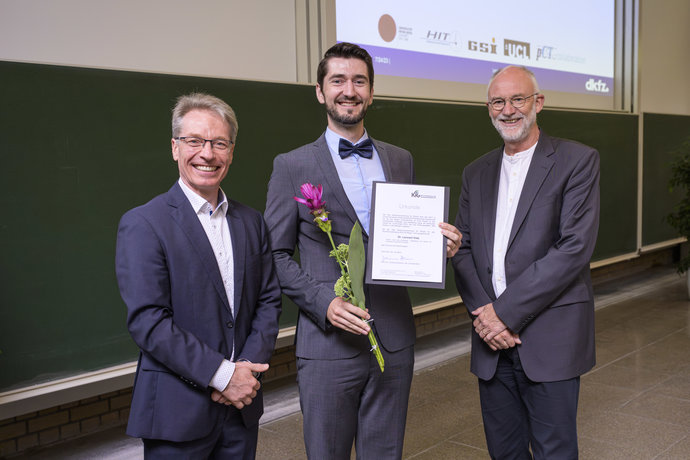
Dr. Lennart Volz from the GSI Department of Biophysics has received the Otto Haxel Award for Physics. He received the prize for his dissertation on "Particle imaging for daily in-room image guidance in particle therapy". The award ceremony took place at the KFG summer event in Karlsruhe, organized by the "KIT Freundeskreis und Fördergesellschaft e.V.".
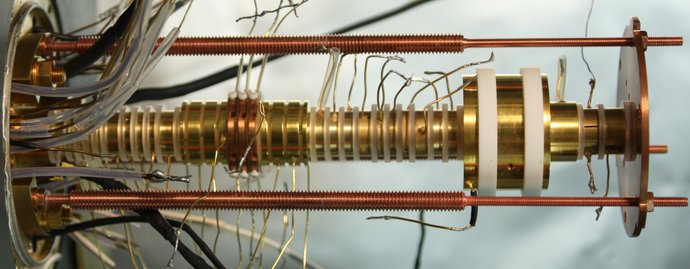
Using the LIONTRAP setup in Mainz, a team of researchers from the GSI Helmholtzzentrum für Schwerionenforschung in Darmstadt as well as the Max Planck Institute for Nuclear Physics and the University of Heidelberg have succeeded in determining the mass of helium-4 nuclei, also known as alpha particles, with a precision of eleven digits. The results of the measurements are published in the scientific journal Physical Review Letters. Precision mass measurements with Penning traps will also play a…
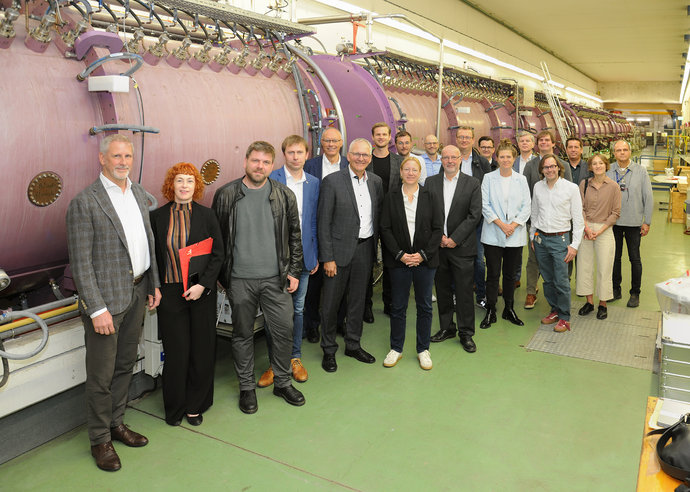
Members of the SPD parliamentary group in the German Bundestag, as well as their coworkers and guests, visited GSI and FAIR. They were informed about current research topics, infrastructures and the future accelerator center FAIR, which is currently under construction at GSI. The guests were welcomed by Professor Paolo Giubellino, Scientific Managing Director of GSI and FAIR, Jörg Blaurock, Technical Managing Director of GSI and FAIR, Markus Jaeger, Deputy Administrative Managing Directorate GSI…
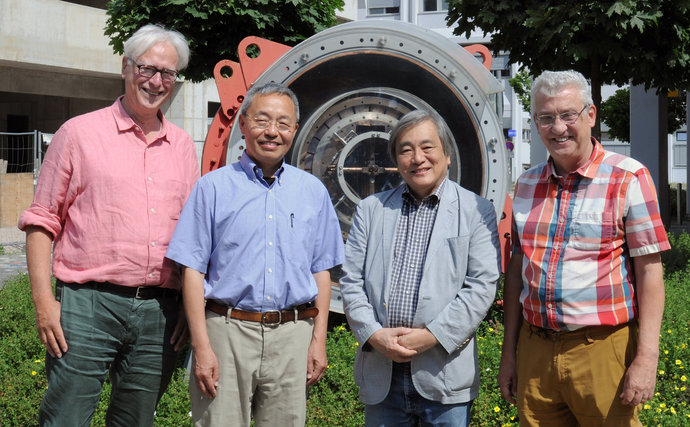
Three world-renown scientists, including two Humboldt Award winners, are currently spending long-term research stays at GSI and FAIR and its partner universities in Darmstadt and Frankfurt. They are analyzing and interpreting current experimental data and preparing the first scientific experiments at FAIR in fruitful interdisciplinary cooperation.
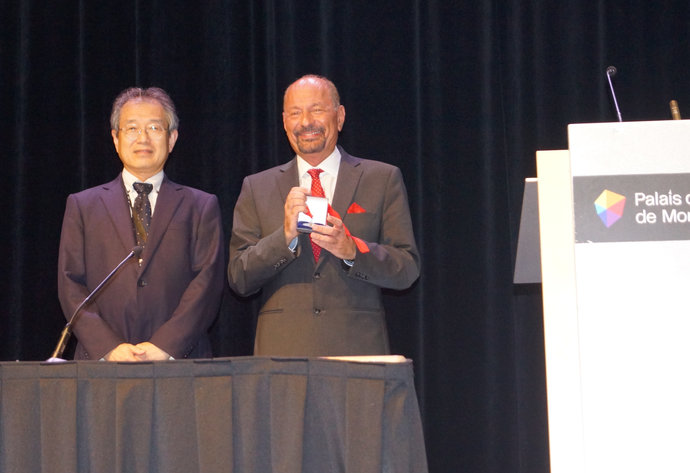
Professor Marco Durante, head of GSI's Biophysics Research Department and professor at the Department of Physics at TU Darmstadt, has been awarded the prestigious Henry Kaplan Prize by the International Association of Radiation Research (IARR). The award is considered the top radiation research award. Professor Durante received the award at the International Congress of Radiation Research (ICRR) 2023 in Montreal, Canada, in August...
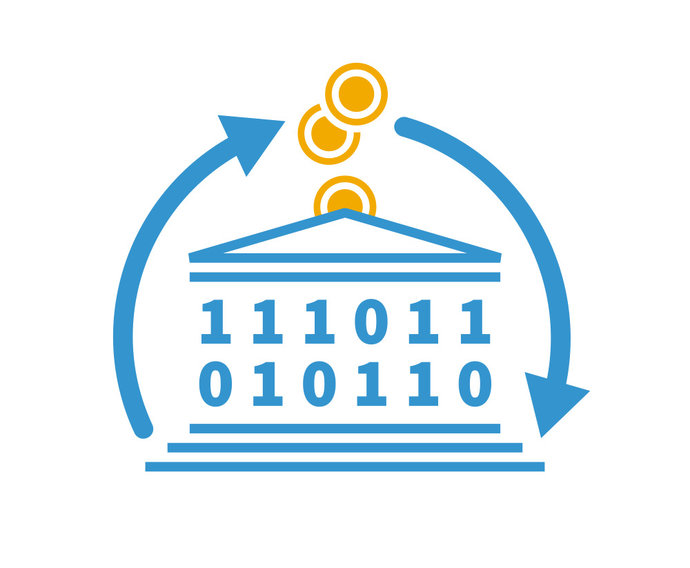
GSI and FAIR support the campaign "Public Money? Public Code!". The international campaign calls for software developed with public funds to be made available under a free and open source license. "Public Money? Public Code" particularly resonates with GSI and FAIR's principles of fostering innovation through openness, transparency and collaboration.
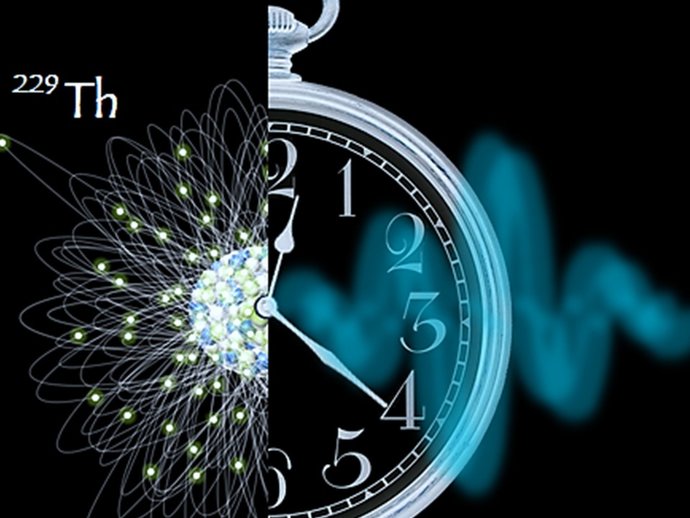
At present, the radioisotope thorium-229 is considered to be the only candidate for use in a nuclear clock. A nuclear clock of this kind would be considerably more accurate than the current atomic clocks. The timekeeper in this case would be the rate of oscillations in the nucleus of thorium-229, induced by laser light excitations. An international team of researchers with participation of the GSI Helmholtzzentrum für Schwerionenforschung has now developed a new method to determine the…
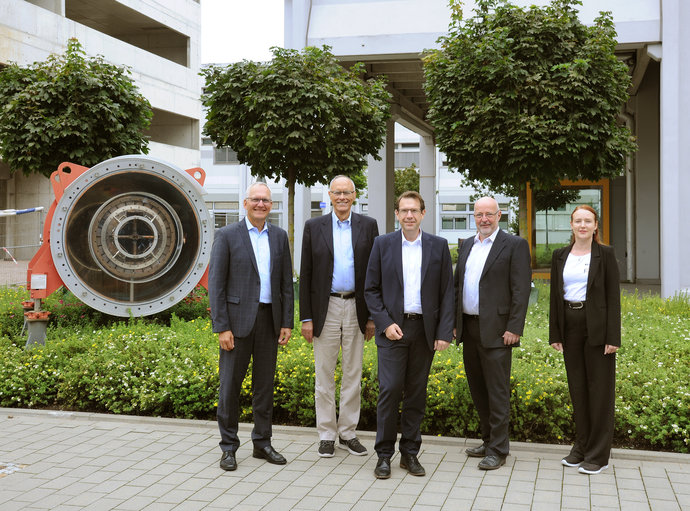
The Lord Mayor of Darmstadt, Hanno Benz recently visited GSI and FAIR. He was welcomed by Professor Paolo Giubellino, Scientific Managing Director of GSI and FAIR, Jörg Blaurock, Technical Managing Director of GSI and FAIR and Markus Jaeger, Deputy Administrative Managing Directorate GSI and FAIR, as well as Carola Pomplun from the Public Relations Department. Lord Mayor Benz was accompanied by referent Sandra Klein.
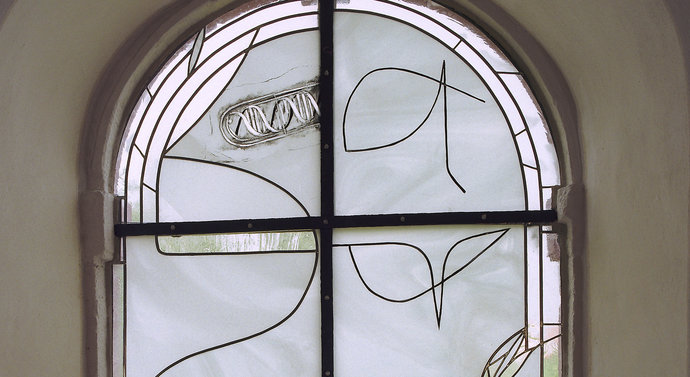
The lecture series „Wissenschaft für Alle“ of GSI and FAIR will be continued as a hybrid format in the second half of 2023. Interested parties can either attend the event in the lecture hall of GSI/FAIR following a registration or dial into the broadcast of the event via video conference using an internet-enabled device such as a laptop, cell phone or tablet. The program will begin on Wednesday, September 13, 2023, with a talk by Peter Engels of the city archive Darmstadt on the occasion of the…











